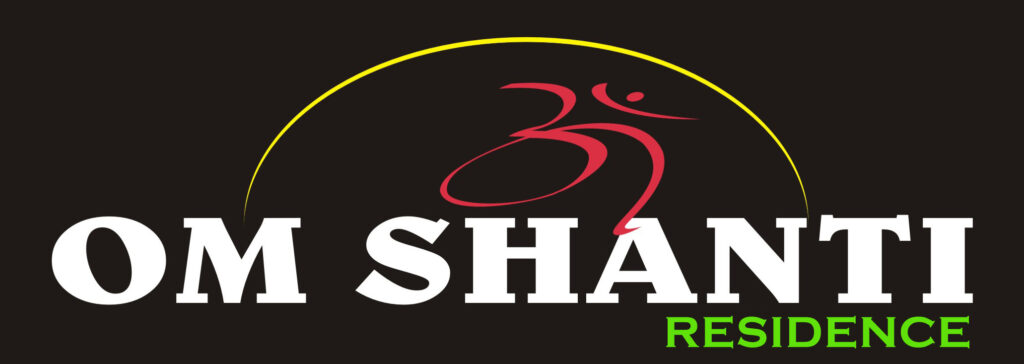In the ever-evolving realm of education, where information streams generously and accessibility to expertise is just a click away, student-driven encyclopedias are becoming a dynamic tool in the knowing process.

These platforms not just offer trainees with a database of details yet likewise encourage them to add, edit, and curate web content, cultivating a collaborative and interactive knowing atmosphere.
As academic standards change in the direction of more participatory and comprehensive designs, the principle of student-driven encyclopedias symbolizes this improvement. These systems empower students to come to be active individuals in knowledge development, linking the gap in between conventional textbook knowing and modern electronic sources.
The Concept of Student-Driven Encyclopedias
Student-driven encyclopedias are digital systems where students collectively gather, confirm, and share info on a broad variety of subjects. Unlike standard encyclopedias, which are usually composed by specialists, these systems leverage the joint efforts of trainees to produce an extensive body of expertise.

At their core, student-driven encyclopedias are created to cultivate vital thinking, research abilities, and electronic literacy amongst trainees. By participating in the procedure of material creation, pupils find out to navigate and review information critically, abilities that are essential in today’s information-rich society.
Additionally, these platforms function as a space for students to discover their rate of interests and share their know-how. This autonomous strategy to knowledge production ensures that a varied variety of perspectives and voices are stood for, improving the learning experience for all individuals.
- Trainees gain hands-on experience in research and material creation.
- Urges collaboration and peer interaction.
- Advertises a deeper understanding of subject matter.
- Fosters inclusivity and diversity in understanding depiction.
Essentially, student-driven encyclopedias change pupils from easy recipients of details into energetic factors, instilling a feeling of ownership and responsibility in their instructional trip.
Advantages of Student-Driven Encyclopedias
Among the primary advantages of student-driven encyclopedias is the growth of vital 21st-century abilities. As students participate in the procedure of web content development, they hone their crucial thinking, electronic proficiency, and interaction skills, all of which are important in today’s interconnected globe.
Furthermore, these platforms motivate a collaborative learning setting, where trainees can work together to verify details, debate different perspectives, and co-edit articles. This peer-to-peer communication not just improves finding out outcomes but also fosters a feeling of area and common respect amongst pupils.
Furthermore, student-driven encyclopedias offer a system for showcasing trainee work. As pupils contribute to the encyclopedia, they build a profile of their research study and writing, which can be important for further scholastic and expert quests.
Challenges and Limitations

Regardless of the many benefits, student-driven encyclopedias also encounter specific difficulties. Guaranteeing student knowledge base the accuracy and dependability of information is extremely important, as these systems count on contributions from students that might not yet possess expert-level expertise.
- Preserving material top quality and precision.
- Supplying ample supervision and support.
- Ensuring fair accessibility and inclusivity.
To alleviate these difficulties, numerous student-driven encyclopedias apply a system of checks and equilibriums, where web content is examined by teachers or specialists before publication. This makes certain that the information offered is both accurate and trustworthy, promoting the integrity of the system.
The Future of Student-Driven Encyclopedias
As modern technology remains to advancement and the landscape of education advances, the possibility for student-driven encyclopedias is substantial. These platforms have the capability to not only enhance traditional educational sources yet additionally redefine the method knowledge is gotten and shared.
In the future, we may see student-driven encyclopedias integrating more advanced innovations such as artificial intelligence and artificial intelligence to improve material curation and customization. In addition, they may broaden beyond textual info to include multimedia web content, offering a more immersive learning experience.
Equipping the Future Generation
Student-driven encyclopedias hold the pledge of equipping the next generation of learners. By placing students at the helm of expertise creation, these platforms encourage long-lasting learning, inquisitiveness, and intellectual freedom.
To conclude, as instructional systems continue to innovate, student-driven encyclopedias stand as a testimony to the power of partnership and the importance of student agency in the knowing procedure. By accepting these systems, we open the doors to a more comprehensive, appealing, and dynamic instructional experience for all.
